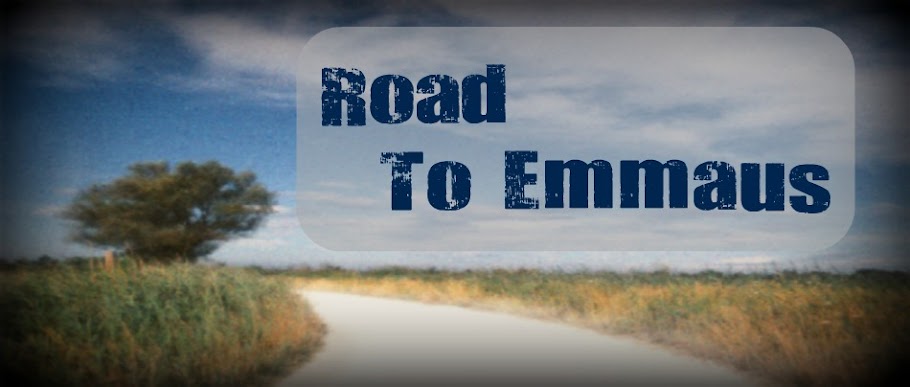“ “Micah of Moresheth prophesied in the days of Hezekiah king of Judah. He told all the people of Judah, ‘This is what the LORD Almighty says: “‘Zion will be plowed like a field, Jerusalem will become a heap of rubble, the temple hill a mound overgrown with thickets.’ ”
Jeremiah 26:18 (NIV)
We can see from this passage that the prophetic ministry of Micah preceded the ministry of Jeremiah, and that both of their ministries were aimed at the southern kingdom of Judah. It is true that Micah addresses the capital city of Northern Israel which was Samaria, and it appears he did so as a way of reaching the people of Jerusalem with the prophetic message of false worship. We can say that he led with a jab at Samaria to set up the knock out punch to Jerusalem.
The elders in Jeremiah’s day were wise in their comparison of the repentance that happened as a result of Micah’s ministry, to the rejection of God’s message through Jeremiah. Unfortunately for the elders though, the kings and priests of Jeremiah’s day refused to repent and their people were snatched from their land.
What is being revealed in verse 19 is that Micah’s prophecy did not come to pass in Micah’s day because of repentance, but did come to pass in Jeremiah’s day because of their stubborn refusal
to repent.
to repent.
Micah’s message was powerful among God’s people and I wonder if it will be powerful among the people of God at Parkdale, as we expose ourselves to his message. Some people think that the OT has nothing to say to a NT believer. My prayer is that the Holy Spirit who is present in us and amongst us, will use Micah’s message in an even more powerful way in our lives, then He did in the lives of the original audience.
Now I know that God will answer that prayer - but the question for each of us is; "When we hear, will we repent?"





